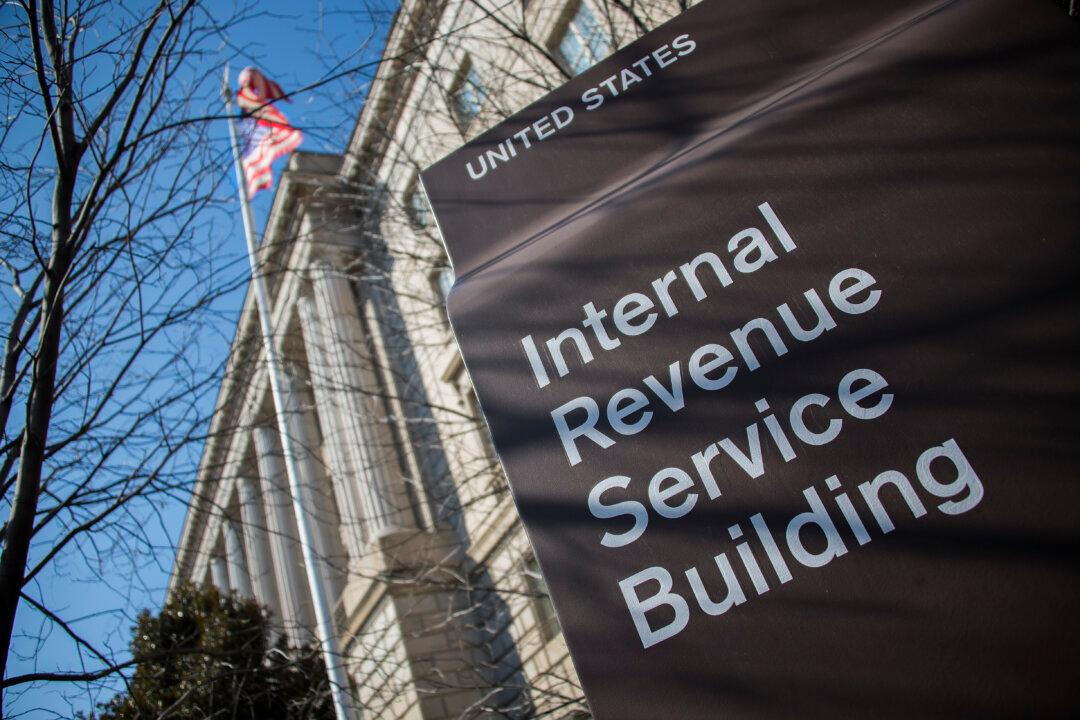While the White House is touting the advance payments of the enhanced child tax credit as a way to help families struggling to make ends meet in an economy that has yet to fully recover from the pandemic recession, some tax professionals are urging people to consider opting out and instead choosing to receive a lump sum during next year’s tax season.
White House National Economic Council Director Brian Deese told CNN in an interview on June 21—which the Biden administration has designated as Child Tax Credit Awareness Day—that “it’s a great day because we will be delivering tax relief to millions of American families.”





